How to Buy Hosting and Domain Names – A Detailed Guide for Beginners
- Published on
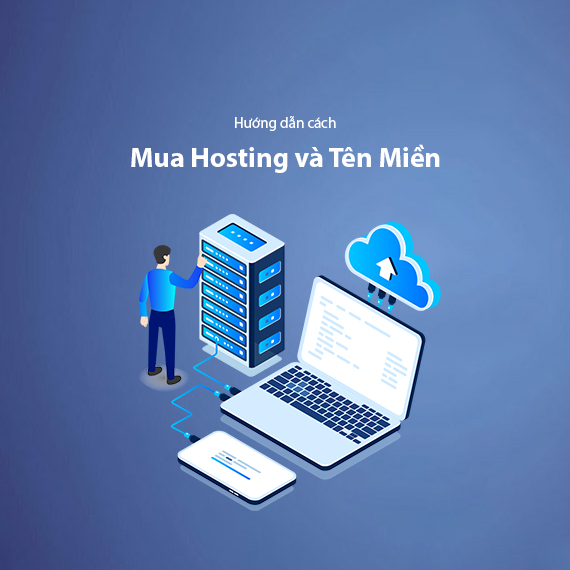
- What Are Hosting and Domain Names?
- Why Should You Own Hosting and a Custom Domain Name?
- Benefits of Choosing the Right Hosting and Domain Name
- Identifying Your Needs Before Buying Hosting and Domain Names
- Purpose of Building the Website
- Budget Planning
- Choosing the Right Hosting Type
- Tips for Choosing a Reputable Hosting and Domain Provider
- Key Factors to Consider When Choosing a Provider
- Buying Hosting and Domain Together
- Choosing the Right Service Plan
- Top Hosting and Domain Providers
- Hostinger
- Bluehost
- StableHost
- GoDaddy
- Namecheap
- Detailed Steps to Purchase Hosting and Domain Names
- Step 1: Choose the Right Provider
- Step 2: Create an Account on the Provider's Website
- Step 3: Select a Hosting Plan and Domain Name
- Step 4: Payment and Service Activation
- Step 5: Configure Hosting and Domain
- Essential Tasks After Purchasing Hosting and Domain Names
- Configure Hosting and Domain
- Set Up Your Website
- Implement Security
- Optimize Performance
- Pay Maintenance Fees
- Schedule Regular Backups
- Frequently Asked Questions (FAQ)
- Is Budget Hosting Suitable for Beginners?
- How Do I Choose a Domain Name That Matches My Brand?
- Should I Choose .com, .net, .vn, or .org Domains for My Website?
- Why Is Timely Renewal of Hosting and Domain Names Important?
- Should I Choose a Local or International Provider?
- When Should I Upgrade My Hosting?
- Conclusion: Start Building Your Website Today
- Key Takeaways
What Are Hosting and Domain Names?
When building a website, hosting and domain names are two essential elements. Hosting acts as the storage space for all the website's data, ensuring it operates smoothly on the Internet. Meanwhile, the domain name is the address that makes it easy for users to access your website, similar to a house address on a map.
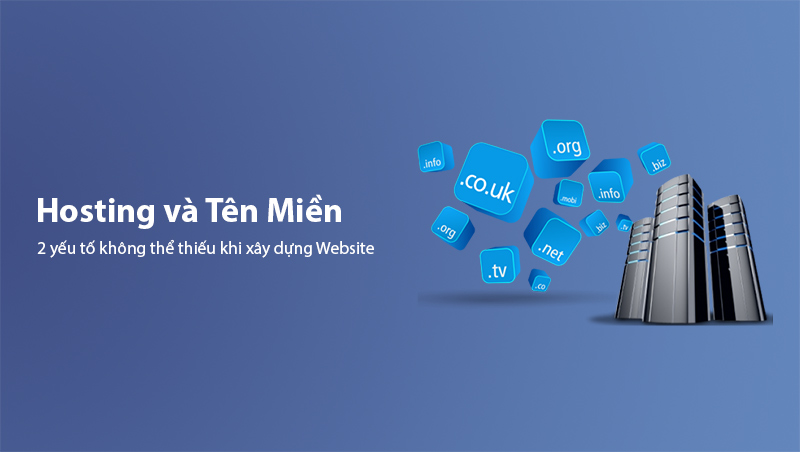
Investing in the right hosting and domain name not only ensures that your website runs seamlessly and professionally but also helps establish a trustworthy brand and increases credibility with customers.
Why Should You Own Hosting and a Custom Domain Name?
- Ensures stable and efficient operations: Quality hosting allows your website to load quickly and remain uninterrupted, offering a great user experience.
- Supports brand promotion: Owning a professional and memorable domain name builds trust and attracts potential customers.
- Optimizes costs and performance: Choosing the right hosting and domain name from the start helps save costs and maximize operational efficiency.
With a solid hosting foundation and a precise domain name, your website will have the opportunity to thrive, improve user experience, and achieve success in the online environment.
Benefits of Choosing the Right Hosting and Domain Name
Choosing the right hosting and domain name not only ensures efficient website operation but also provides long-term benefits, particularly in optimizing costs and supporting business growth. Here are some specific benefits:
-
Optimized Website Performance
A suitable hosting package ensures your website loads quickly and remains uninterrupted even during high traffic. This is crucial for retaining users and reducing bounce rates. -
Enhanced User Experience
High-speed hosting with robust security features not only adds professionalism to your website but also improves user experience. Visitors can quickly access, safely navigate, and interact with your content with ease. -
Supports Business Growth
A memorable domain name related to your brand makes it easier for customers to find you. Combined with stable hosting, you can build a strong website, drive business growth, and strengthen brand recognition. -
Boosts Brand Visibility
A custom domain name sets your brand apart and protects it from competitors. Furthermore, premium hosting packages like SEO Hosting enhance search engine optimization, improving your website's ranking on Google.
Selecting the right hosting and domain name from the outset is a strategic step to save time, costs, and establish a solid foundation for sustainable growth. In the next section, we’ll explore how to identify your needs before purchasing hosting and domain names, enabling you to make precise decisions.
Identifying Your Needs Before Buying Hosting and Domain Names
Before choosing hosting and domain names, it's crucial to understand your website’s needs. Doing so not only helps you optimize costs but also ensures efficient operation and growth. Consider the following factors to select the most suitable services:
Purpose of Building the Website
- Corporate Websites: If you aim to create a site for showcasing products, services, or business information, shared hosting or WordPress hosting packages are optimal for their low costs and ease of use.
- E-commerce Websites: For online stores, you need more robust hosting, such as VPS Hosting or Cloud Hosting, to ensure fast loading speeds and handle large traffic volumes.
- Personal Blogs or Experimental Projects: If you require a small-scale website or for experimental purposes, budget hosting packages will suffice for a start.
Budget Planning
- Short-term: Initial costs often include domain registration and a one-year hosting plan. Some providers, like Hostinger, Bluehost, or StableHost, offer free domain names for the first year, significantly reducing initial expenses.
- Long-term: Consider the annual renewal costs for hosting and domain names, as well as the ability to upgrade the hosting plan as your needs grow.
Choosing the Right Hosting Type
There are various hosting options with different features, each catering to specific needs:
- Shared Hosting: Suitable for small websites and personal blogs.
- VPS Hosting: Ideal for small and medium businesses, offering high customization capabilities.
- Cloud Hosting: Perfect for scalability and handling large traffic loads.
- SEO Hosting: Optimized for SEO with dedicated IP addresses, ideal for projects aiming for high search engine rankings.
Understanding your goals and budget will make it easier to choose the appropriate hosting and domain services, helping you save costs and optimize performance. In the next section, we’ll share tips on selecting a reputable provider to ensure a smooth start.
Tips for Choosing a Reputable Hosting and Domain Provider
Selecting a reliable hosting and domain provider is a critical step to ensure your website operates stably, securely, and effectively. Today’s market offers numerous providers, both local and international, with a variety of service packages. Here are some tips to help you make the right choice:
Key Factors to Consider When Choosing a Provider
- Speed and Performance: Choose a provider that guarantees uptime above 99.9% and fast page load speeds.
- Data Security: Hosting services should include features like firewalls, free SSL certificates, and automated backups.
- Customer Support: Technical support teams should be available 24/7 to promptly address any issues.
- Scalability: Ensure the service can be easily upgraded as your website grows.
Buying Hosting and Domain Together
Purchasing hosting and domain names from the same provider offers convenience and streamlined management:
- Optimized Integration: Hosting and domain names are automatically linked, eliminating manual configuration.
- Centralized Management: Managing all services on one platform saves time and reduces technical errors.
Choosing the Right Service Plan
- Beginners: Opt for basic shared hosting or WordPress hosting plans to save costs.
- Small and Medium Businesses: VPS hosting or Cloud hosting plans are suitable for high-performance needs.
- SEO or Large Projects: Consider SEO hosting or premium plans with dedicated IP addresses to enhance SEO and security.
With these tips, you can easily select a trustworthy provider and ensure your website performs effectively from the start. In the next section, we’ll introduce a list of top hosting and domain providers for your reference.
Top Hosting and Domain Providers
Choosing a reputable hosting and domain provider is crucial for website performance and reliability. Below is a list of leading providers, highly rated for their service quality, customer support, and affordability:
Hostinger
Hostinger is a global web hosting provider renowned for its high-quality hosting packages and affordable prices. Notably, Hostinger offers free domain names with certain hosting plans, saving initial costs for users.
- Key Features:
- High Performance: Utilizes LiteSpeed servers and built-in caching technology, ensuring faster load speeds and improved user experience.
- 24/7 Support: Professional customer support team ready to assist via live chat.
- Free Domain: When signing up for plans like Premium Shared Hosting or Business Shared Hosting with a 12-month or longer term, you receive a free domain for the first year.
- Enhanced Security: Includes free SSL certificates and WHOIS privacy protection to safeguard personal information.
Hostinger is an excellent choice for beginners and businesses aiming to establish a strong online presence.
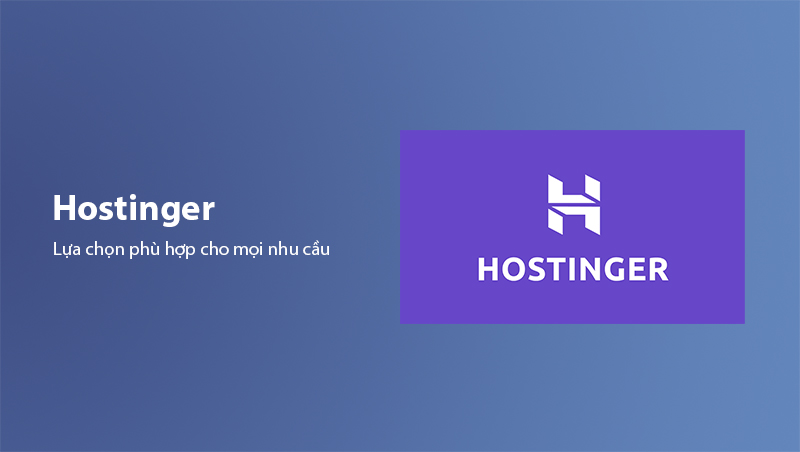
Learn more: Hostinger – Fast and Secure Website Hosting Platform
Bluehost
Bluehost is an international hosting provider ideal for beginners building their first website. By purchasing hosting from Bluehost, you receive a free domain name for the first year, reducing initial setup costs.
- Key Features:
- User-friendly management interface.
- 24/7 customer support via live chat and email.
- Particularly suited for WordPress sites.
StableHost
StableHost is known for its policy of offering free domain names for the first year with hosting plans of 12 months or longer. It provides stable, secure hosting services and lifetime WHOIS privacy protection.
- Key Features:
- Reliable hosting with unlimited bandwidth.
- Integrated WHOIS privacy protection to safeguard personal information.
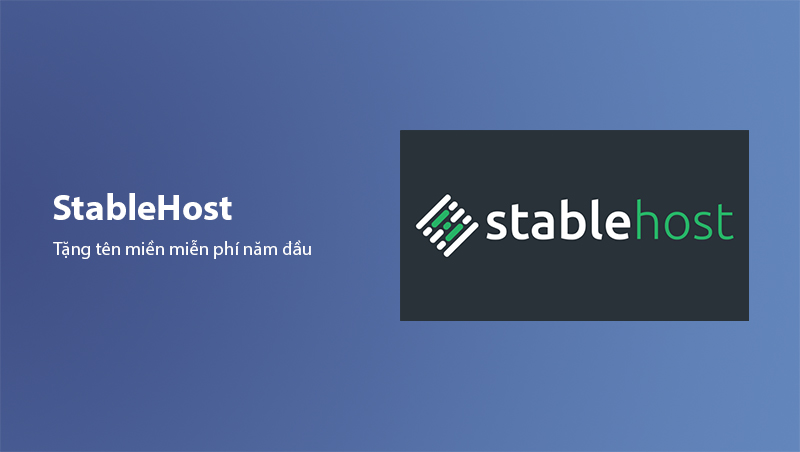
GoDaddy
GoDaddy is an international hosting provider with a presence in Vietnam, offering budget-friendly hosting plans and a variety of domain services. Most hosting plans from GoDaddy come with a free business email for the first year.
- Key Features:
- Hosting prices start at just 43,000 VND/month.
- Free domain and business email for the first year.
Namecheap
Namecheap is renowned for its budget-friendly hosting and domain services, as well as free lifetime WHOIS privacy protection. It is an ideal choice for small businesses and individuals seeking cost-effective solutions.
- Key Features:
- Hosting plans start at $1.44/month.
- Unlimited storage and bandwidth.
- Dedicated customer support and strong privacy policies.
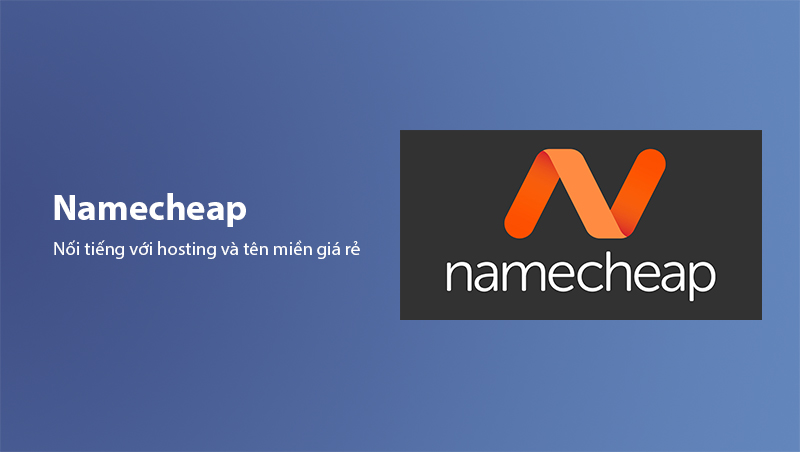
Each provider has its strengths, so consider your specific needs to make the right choice. In the next section, we’ll provide a step-by-step guide on purchasing hosting and domain names from these providers.
Detailed Steps to Purchase Hosting and Domain Names
Once you’ve chosen a suitable provider, the next step is to register your hosting and domain. This process is straightforward, but you should pay attention to the following steps to ensure a smooth and efficient registration.
Step 1: Choose the Right Provider
Based on your needs and budget, select a hosting and domain provider from the list mentioned earlier. For example:
- If you need strong Vietnamese language support and plenty of promotions, choose Vietnix, PA Việt Nam, TinoHost, or TenTen.
- If you’re looking for affordable international hosting with free domain offers, Hostinger or Bluehost are great options.
Step 2: Create an Account on the Provider's Website
- Visit the provider’s website.
- Sign up using your email or social media accounts (if supported).
- Verify your account through email.
Step 3: Select a Hosting Plan and Domain Name
- Choose a hosting plan: Depending on your website's purpose, opt for Shared Hosting, VPS Hosting, or Cloud Hosting.
- Choose a domain name: Prioritize popular domain extensions like .com, .vn, or .net. If your desired domain is already taken, providers usually suggest suitable alternatives.
- Add-ons: Consider additional features such as SSL certificates, automatic backups, or WHOIS protection.
Step 4: Payment and Service Activation
- Carefully review the service details and costs before making a payment.
- Select a payment method that suits you (credit card, PayPal, or bank transfer).
- After payment, the system will send a confirmation email and activate your service.
Step 5: Configure Hosting and Domain
- Connect your domain to hosting: If you purchased both services from the same provider, this step is usually automated. Otherwise, you’ll need to point your domain to the hosting server via DNS settings.
- Install a CMS: Most providers support quick installation of popular platforms like WordPress with just a few clicks.
Completing these steps, your website is ready to go live. In the next section, we’ll cover essential tasks to secure and optimize your website after purchasing hosting and a domain.
Essential Tasks After Purchasing Hosting and Domain Names
After registering hosting and domain names, several critical steps ensure your website operates securely and efficiently. Here’s what you need to do next:
Configure Hosting and Domain
- Point the domain to hosting: If you bought hosting and domain services from different providers, set up DNS to link them. This is done in the domain management section.
- Test the connection: Once DNS is configured, test by entering your domain in a browser. If successful, the domain will display the default hosting page.
Set Up Your Website
- Install a CMS: Most providers support installing platforms like WordPress, Joomla, or Drupal in just a few clicks.
- Upload your data: If you already have content or design files, upload them via the file manager or FTP software.
Implement Security
- SSL Certificate: Install an SSL certificate to enable HTTPS, improving security and SEO rankings.
- Activate firewalls: Many hosting providers offer free integrated firewalls to protect your website from attacks.
Learn More: Guide to Installing a Free SSL Certificate for enhanced website security.
Optimize Performance
- Enable caching tools: Your hosting may support caching plugins to improve page load speeds.
- Optimize images and content: Use image compression tools and SEO plugins to enhance overall website performance.
Pay Maintenance Fees
- Track the expiration dates for your hosting and domain. Most providers will send reminders before the due date.
- Renew services on time to avoid losing your domain or website downtime.
Schedule Regular Backups
- Set up automatic backup schedules if supported by your provider.
- Store copies of your data in different locations, such as personal computers or cloud storage services, to prevent data loss in case of issues.
Frequently Asked Questions (FAQ)
Below are some common questions about purchasing hosting and domain names, along with detailed answers to help you avoid mistakes and start smoothly:
Is Budget Hosting Suitable for Beginners?
Yes. If you’re just starting, budget shared hosting or WordPress hosting plans are ideal. They provide sufficient resources to run a basic website at a low cost. However, ensure you choose a reputable provider to avoid performance and security issues.
How Do I Choose a Domain Name That Matches My Brand?
When selecting a domain name, prioritize these factors:
- Short and memorable: Choose a domain name that’s easy to read and type.
- Relevant to your brand: Incorporate your business name or industry.
- Popular extensions: Opt for extensions like .com, .vn, or .net for a professional appearance.
Should I Choose .com, .net, .vn, or .org Domains for My Website?
Choosing the right domain extension is crucial, as each type has its own benefits:
- .com: The most popular extension, easy to remember, and suitable for most types of websites.
- .net: Originally intended for networking services but now widely used across various industries. It’s a good alternative if .com is taken.
- .vn: Perfect for websites targeting the Vietnamese market. This domain enhances credibility and supports local SEO.
- .org: Designed for non-profit organizations, including NGOs, schools, or hospitals.
Why Is Timely Renewal of Hosting and Domain Names Important?
Renewing hosting and domain services on time ensures:
- You don’t lose your domain: Expired domains can be revoked and may be registered by others.
- Uninterrupted website access: Expired hosting services result in website downtime.
Should I Choose a Local or International Provider?
- Local providers: Ideal for Vietnamese businesses, offering support in Vietnamese and easier issue resolution.
- International providers: Provide advanced technology and competitive pricing but may involve time zone and language considerations when requesting support.
When Should I Upgrade My Hosting?
Upgrade your hosting when:
- Your website experiences high traffic that exceeds the current plan’s resources.
- You need additional features, such as a dedicated IP or better processing speed.
- You aim to enhance security and performance for SEO optimization.
These FAQs provide essential insights to tackle common issues when starting your website journey. In the final section, we’ll summarize key points and offer actionable advice for a successful start.
Conclusion: Start Building Your Website Today
Purchasing hosting and domain names is the first and most crucial step in establishing your online presence. Making the right choices ensures your website operates smoothly, saves costs, and optimizes business outcomes.
Key Takeaways
- Define your goals and budget: Understanding your needs helps you choose the right hosting and domain plans.
- Select reputable providers: Prioritize providers with reliable support, secure services, and scalability.
- Implement security and optimization: Don’t forget to install SSL, set up firewalls, and regularly back up data to safeguard your website.
Get started by selecting a provider from the reputable options we’ve recommended, such as Hostinger, Bluehost, or Vietnix, and proceed to register your hosting and domain. This marks a promising beginning for your journey in building and developing a successful website.
Latest Posts
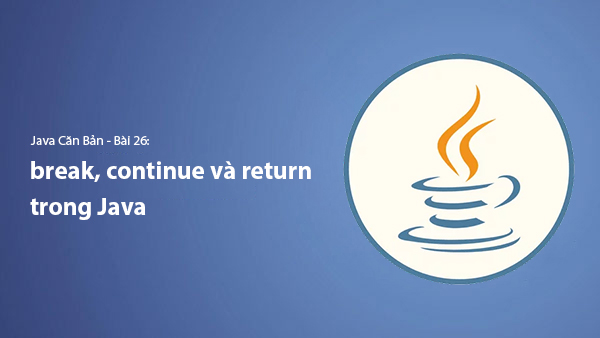
Lesson 26. How to Use break, continue, and return in Java | Learn Java Basics
A guide on how to use break, continue, and return statements in Java to control loops and program execution flow effectively.
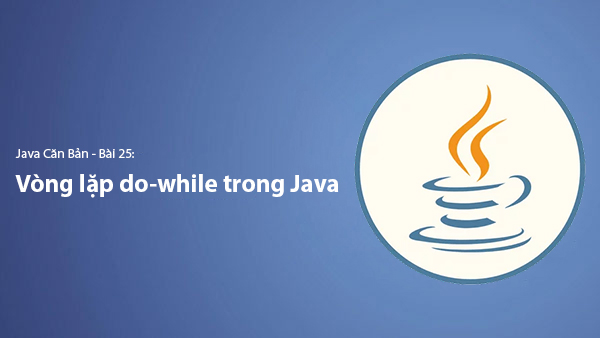
Lesson 25. The do-while Loop in Java | Learn Basic Java
A detailed guide on the do-while loop in Java, including syntax, usage, examples, and comparison with the while loop.

Lesson 24. How to Convert Decimal to Binary in Java | Learn Basic Java
A guide on how to convert numbers from the decimal system to the binary system in Java using different methods, with illustrative examples.
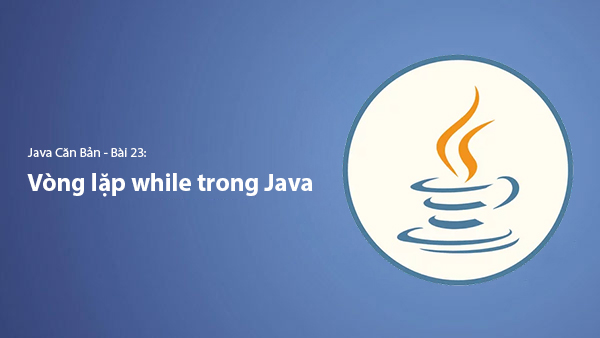
Lesson 23. How to Use the While Loop in Java | Learn Java Basics
Learn how to use the while loop in Java with syntax, real-world examples, and practical applications in Java programming.
Related Posts

What is .htaccess? Guide to Editing and Configuring .htaccess
Learn about the .htaccess file, its functions, and how to edit and configure .htaccess to optimize security, SEO, and website performance.
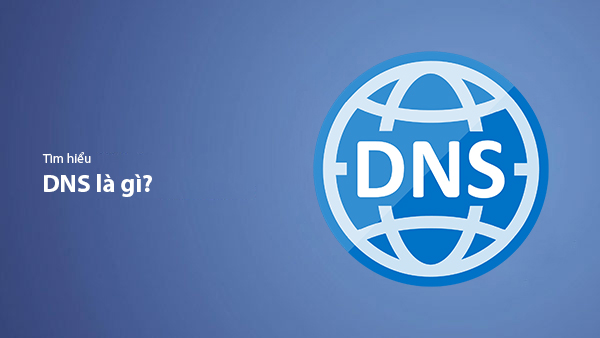
What is DNS? The Mechanism of Domain Name Resolution System
Learn about DNS, the mechanism of the domain name resolution system, and the important role of DNS in maintaining website operations.

What is a Dedicated Server? A Guide to Choosing the Right Dedicated Server
Learn about Dedicated Servers, the benefits of using a dedicated server, and how to choose the right one for your needs.
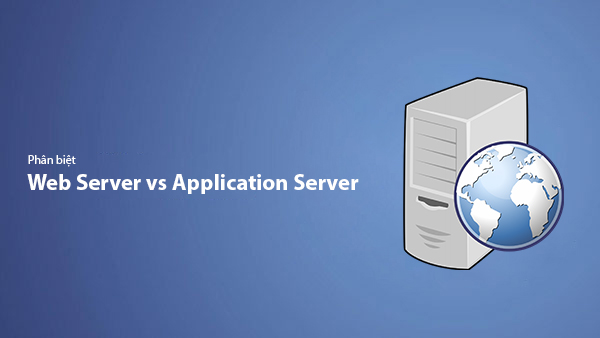
Difference Between Web Server and Application Server
Learn the difference between Web Server and Application Server – two essential servers in web technology systems. Explore their structure, functions, how they work, and when to use each type of server.

